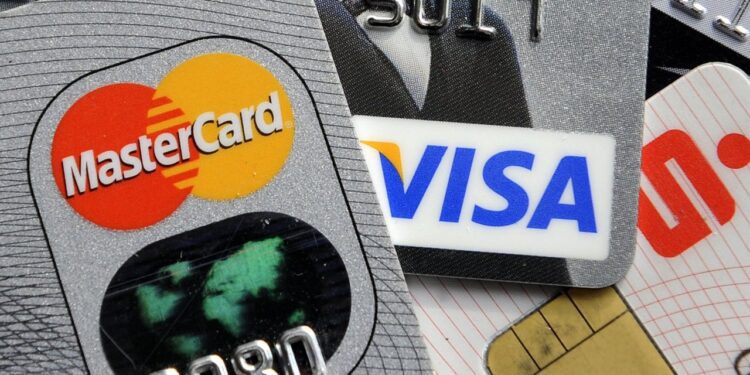Warren Buffett’s Berkshire Hathaway has chosen to invest significantly in Visa and Mastercard. These two companies hold a large share of the U.S. credit and debit card market. Back in 2011, Berkshire acquired positions in both firms, and these investments have proven to be highly profitable.
Visa and Mastercard profit from what is known as the “network effect.” As more people use their payment methods, the companies become more valuable. Merchants prefer to accept widely used payment methods, and customers favor using methods that are widely accepted. This establishes a cycle that reinforces the dominance of the major players over time.
Visa and Mastercard currently possess 86.5% of the U.S. credit and debit card market, up from approximately 81% in 2007. Some projections indicate that they could have control over 90% of the market in the coming decade.
Buffett’s strategy leveraging the network effect
Despite their strong market positions, Visa and Mastercard stocks still present reasonable valuations. Visa is traded at 31 times earnings, while Mastercard is traded at around 37 times earnings.
Comparatively, the S&P 500 is traded at 28 times earnings. Given their solid earnings growth—about 15% annually for Visa and 30% for Mastercard—these valuations appear warranted. Buffett’s portfolio decisions made through Berkshire Hathaway are closely monitored by numerous investors.
His investment approach generally favors businesses that he can hold onto for decades. A key characteristic he seeks is the “network effect,” a quality clearly demonstrated by Visa and Mastercard. If you wish to align your portfolio with Warren Buffett’s strategies, Visa and Mastercard present compelling choices.
These companies gain from potent network effects that enable them to grow increasingly dominant. Looking forward, they are likely to sustain, if not enhance, their market supremacy.


